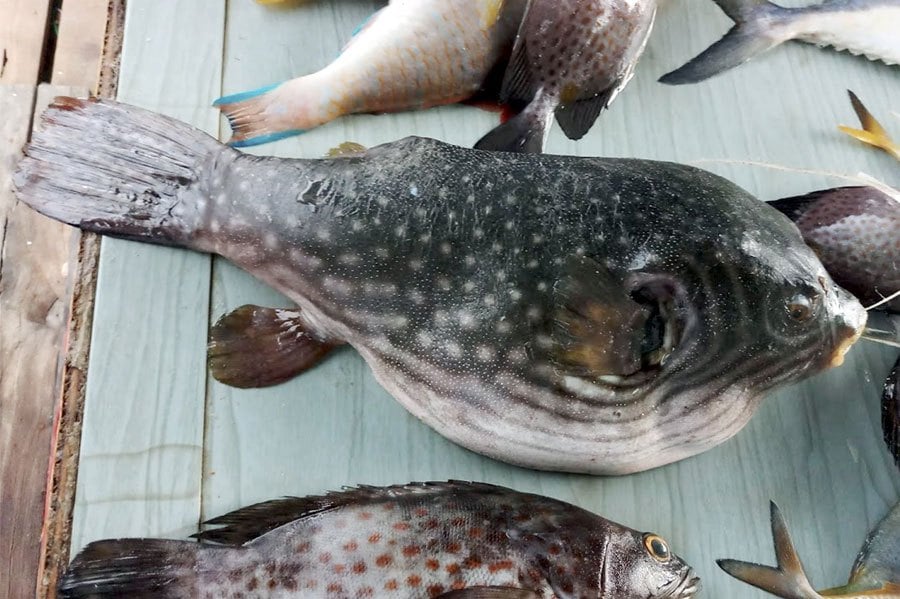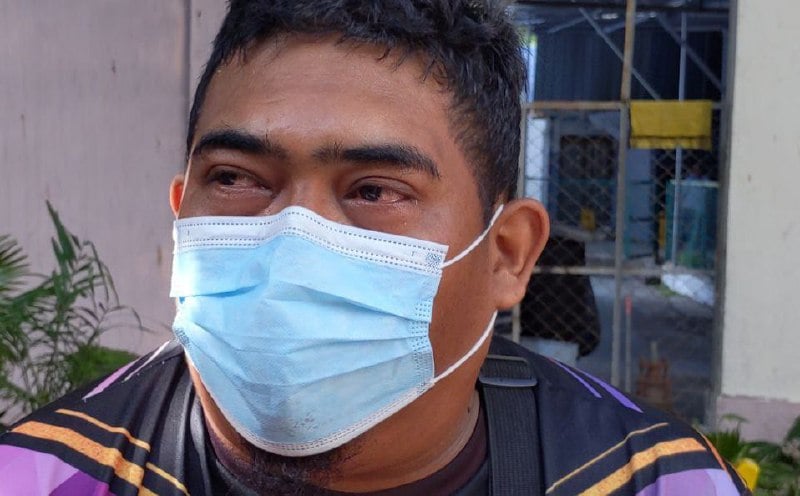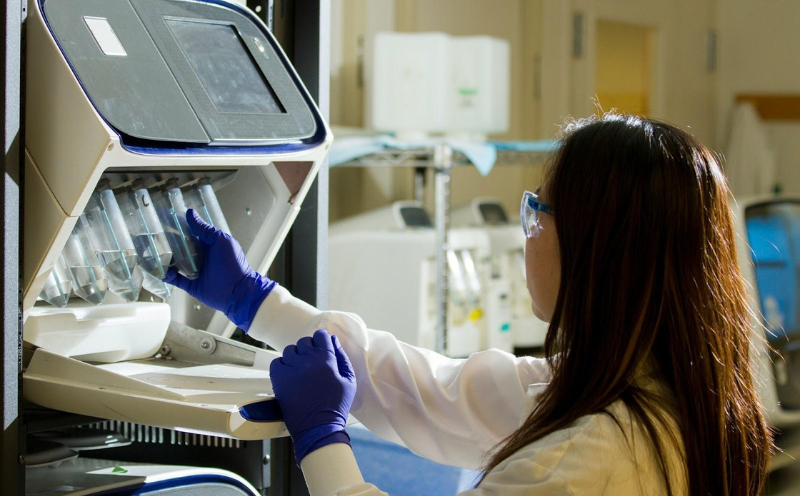KOTA KINABALU: A wilderness medicine physician has suggested that the sale of pufferfish in Sabah should be regulated and monitored to reduce the risk of poisoning incidents.
Dr Muhamad Na'im Ab Razak, who specialises in clinical toxinology, said that while pufferfish is a traditional delicacy in Sabah, the dangers associated with its consumption cannot be overlooked.
Earlier today, the Sabah government announced it might consider imposing a ban on selling pufferfish and encouraging the public to consume safer alternatives.
LINK: https://www.nst.com.my/news/nation/2025/01/1165726/sabah-govt-considers-...
"Pufferfish contain a toxin called tetrodotoxin (TTX), one of the most dangerous natural poisons in the world.
"This toxin is typically concentrated in internal organs such as the liver, gonads, and skin but can also spread to the fish's muscles or flesh.
"Tetrodotoxin blocks sodium channels in nerves and muscles, causing muscle paralysis, including paralysis of the respiratory muscles. Alarmingly, even a small amount of this toxin can be lethal," he said.
Dr Muhamad added that symptoms of pufferfish poisoning usually appear within 30 minutes to a few hours after eating contaminated fish.
Early signs include numbness in the lips, tongue, or fingertips, followed by nausea, vomiting, and abdominal pain.
"If untreated, symptoms can escalate, resulting in difficulty breathing, muscle paralysis, a drop in blood pressure, and eventually cardiac arrest," he said.
For those showing signs of pufferfish poisoning, Dr Muhamad advised to call emergency services (999).
Trained responders, he said, should administer mouth-to-mouth resuscitation if the victim has trouble breathing or stops breathing.
He also cautioned against giving the victim any food or drink, as this may worsen their condition.
"There is no specific antidote for tetrodotoxin poisoning; treatment relies on supportive care,"
















